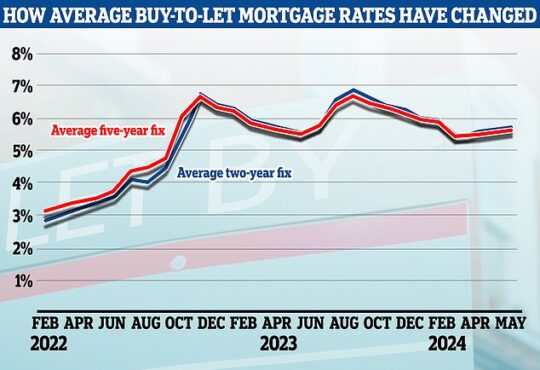
In the UK’s mortgage market, short-term funding sources dominate, leaving first-time buyers and later in life borrowers under served.
While Belgium and Spain embrace long-term fixed-rate options, the UK sees 90% of mortgages limited to 1 to 5-year terms. This leaves two key segments struggling: first-time buyers facing stagnant loan-to-income ratios and outdated requirements, and older borrowers seeking to access home equity.
Without a pivot in funding models, the UK risks perpetuating this trend, leaving crucial demographics left behind. Capital raises and potential acquisitions signal a growing recognition of the need for more inclusive mortgage offerings.
Elliot Reader, Senior Vice President at investment bank, Houlihan Lokey discusses his thoughts on the long-term mortgages market as a solution to the UK housing crisis:
“The largest mortgage lenders in the UK primarily fund their lending through current accounts and short-term fixed-rate deposits. This reliance on short-term funding sources means they struggle to offer longer-term lending options, unlike other geographies such as Belgium, where over 85% of mortgages are 10 years or longer fixed, and Spain, where over 65% are 10 years or longer fixed. In contrast, in the UK, approximately 90% of the mortgage market consists of 1 to 5-year fixed-rate mortgages.
Consequently, there are two key particularly underserved segments in the mortgage market. First-time buyers are struggling to meet historic loan-to-income levels as a result of standard variable rate (SVR) stress testing requirements, which haven’t kept pace with the changing times of house price growth versus wage growth, resulting in first time buyers not being able to borrow large enough sums. Additionally, later in life buyers are seeking to access the equity in their homes.
Sustained house price increases and affordability stress tests introduced in 2014 have left millions of first-time buyers unable to afford a home. Lenders are stressing affordability at up to SVR+3%, limiting how much people can borrow. Additionally, around 40,000 interest-only mortgages are due to mature each year until 2032, leaving borrowers over 65 with no follow-on products and no ability to redeem their mortgage, forcing them to sell their home.
These issues will only continue to exacerbate unless banks can pivot their funding models, and offer flexible mortgage solutions that meet the requirements of the public. Otherwise, the UK mortgage market will remain shorter-term in nature, leaving first-time buyers and later in life borrowers underserved.
The ability to address the specialist end of the market remains an in-demand capability. We expect to see capital raise activity as those addressing these underserved segments continue to grow. Additionally, we anticipate high street banks exploring buying these capabilities as they convert and retain their existing deposit base into mortgage customers.”





